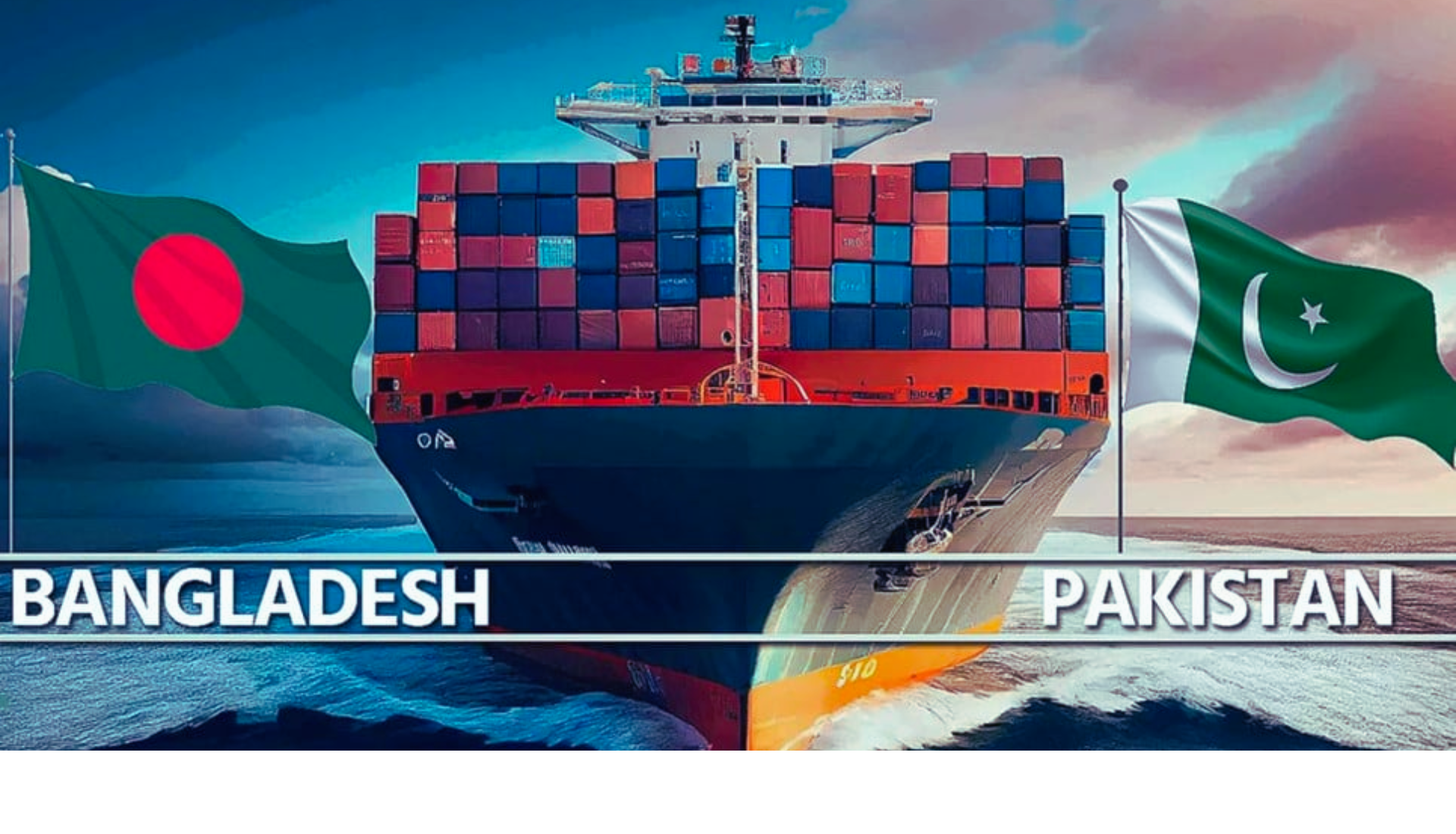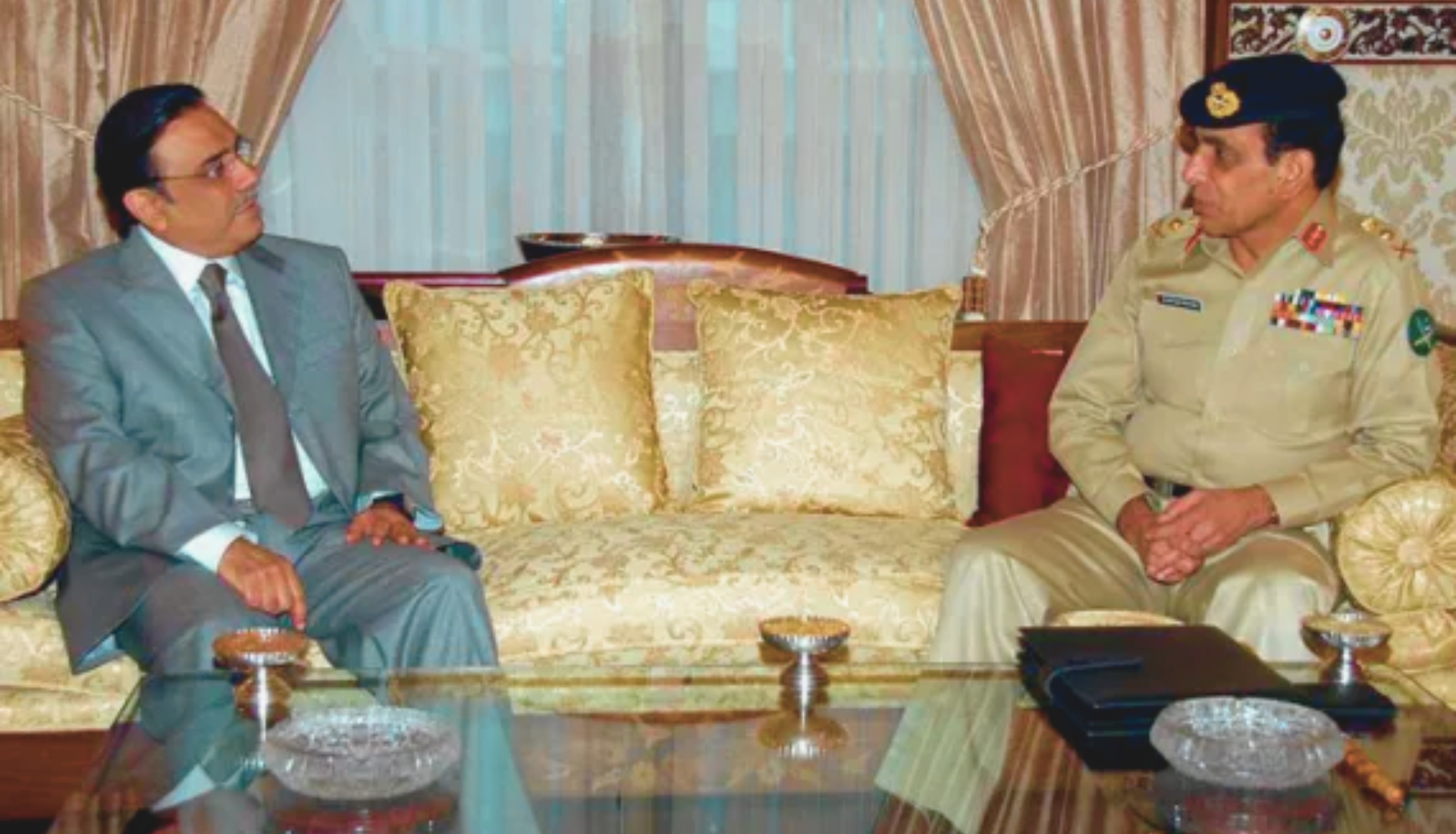Sri Lanka’s economic growth has reduced by negative 1.6 percent in the first quarter of 2020. 3.7% increase was recorded for the first quarter in 2019, reveals the official data.
The department of census and statistics (CDS) revealed the data on Wednesday, over the summary GDP indicators for the first quarter. The quarter began on January 1 and ended on March 31.
The department of census and statistics cites that Apart from the service sector which witnessed a 3.1% percent growth in the first quarter, the economy has shrunk.
The economy has not recovered
The department acknowledged that the economy deployed its resource es efficiently till the dawn of the Sinhala and Tamil new year. However, owing to the lockdown down and derailing factors at the play, the economy has not recovered especially since the end of the first quarter.
“Nevertheless, the deep impacts of last year’s Easter attack in April 2019 on the economy continued to trouble several sectors which could not recover the economic growth prospects in those sectors, by further contributing to the economic downturn,” cites the statement.
Gross Domestic Product
The department further reveals that the Gross domestic product (GDP), at a constant price, has gone down to Rs 2.29 trillion. The statistics came out for the first quarter of 2020 against the Rs 2.33 trillion figure recorded for the first quarter of 2019.
At the current price, in the first quarter of 2020, the GDP surged to Rs 3.84 trillion. In the first quarter of 2019, the figure was 3.77 trillion.
Delay at the Back of Pandemic
The department clarified that the delay in letting out the information has been at the back of the pandemic. Sine collecting data and information has been a challenge in recent times.
The global impact of the pandemic is at play since the last quarter of 2019. However, the department states that the disruptions will continue to stifle the economy further in the second quarter of 2020.
Four integral sectors of the economy
At current prices, as the share of GDP, Agriculture contributed by 7.3%, Industry by 28.4%, services by 58.3%, and taxes fewer subsidies by 6.0% for the first quarter of 2020.
The contraction in Agriculture and industrial activities are recorded at 5.6% and 7.8% respectively. Despite the pandemic, the service sector continued to grow further by 3.1 percent.
Overall, the economy has contracted by 7.8% in the first quarter of 2020, cites DCS.
Manufacturing industry
Manufacture of textiles, wearing apparel and leather related products’ activity has suffered a negative growth of 13.6 percent during this quarter. Owing to the reduced export demand and halted production.
The overall manufacturing industry has contracted by 4.1%. Exports to the US and Europe have declined in effect to lowering demand for apparel, tea, and rubber products. Delayed Raw material acquisition from china and imposed curfew since the last two weeks of march continue to be problematic.





